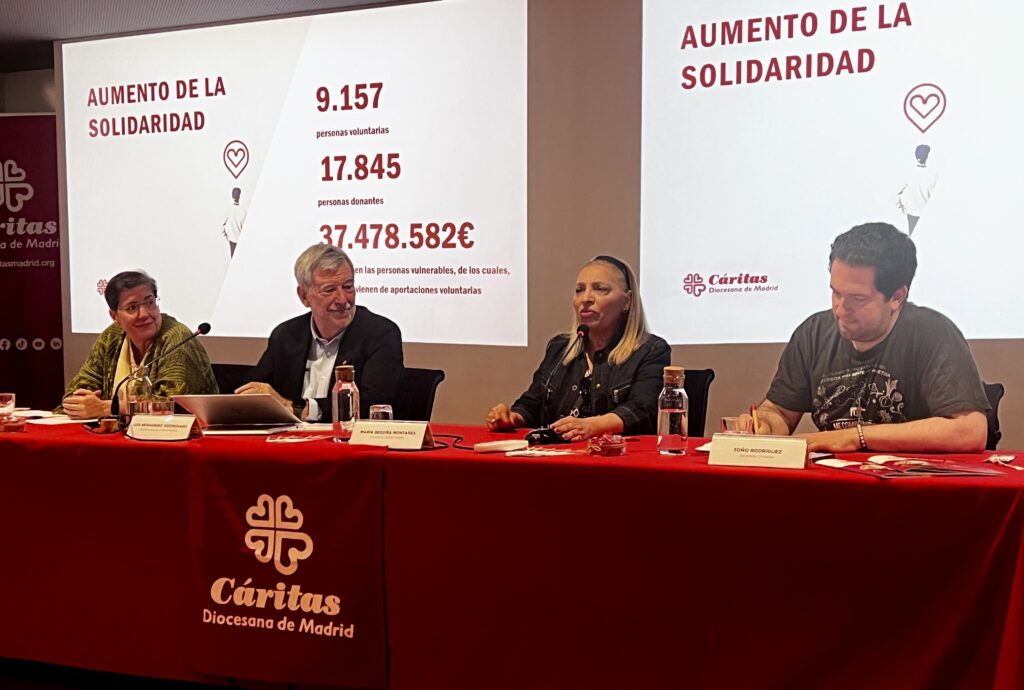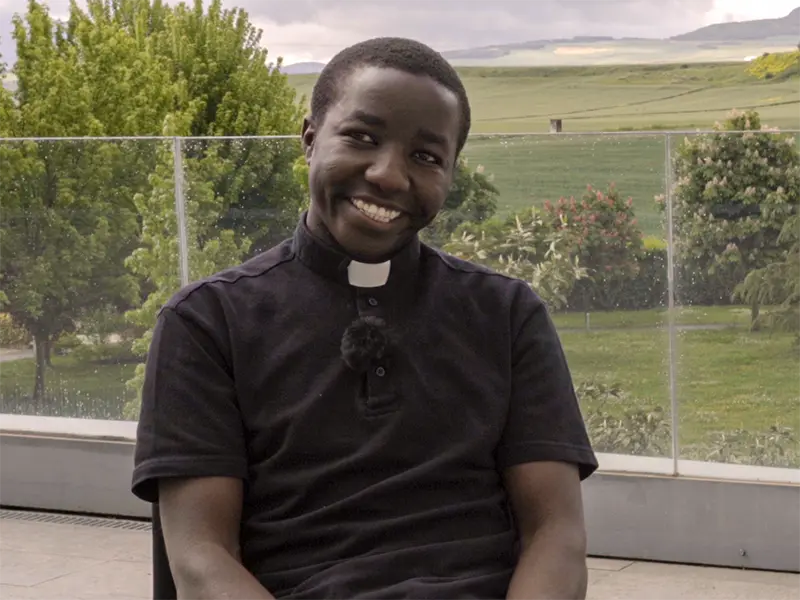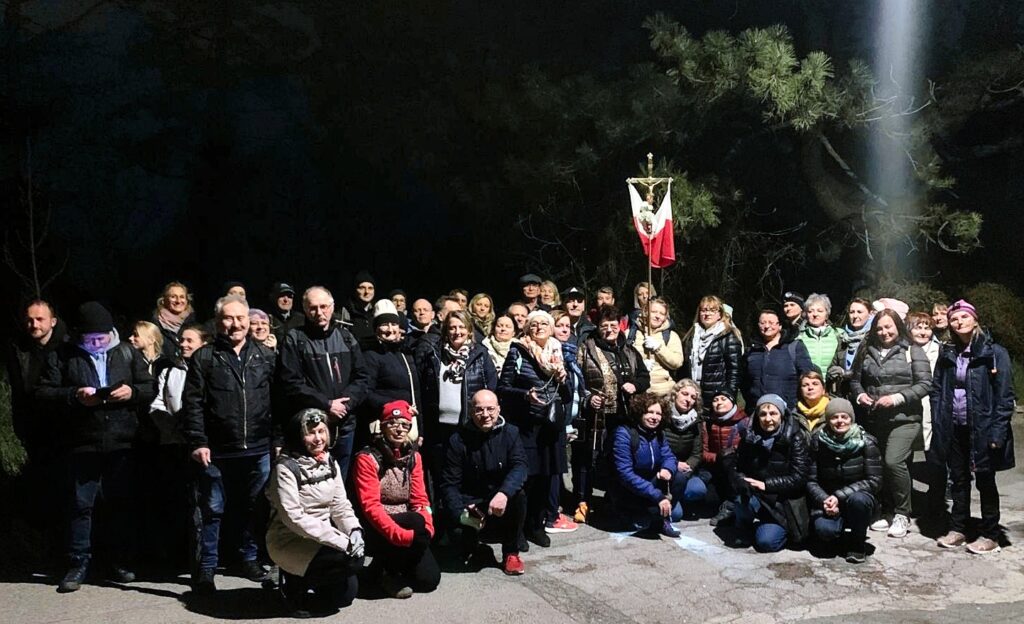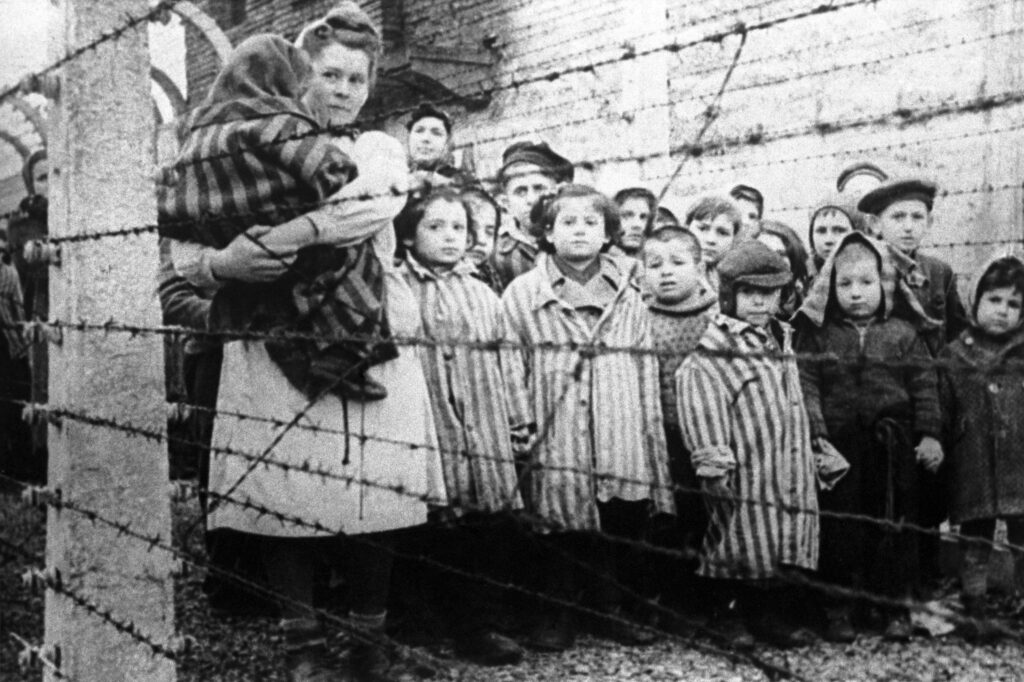Housing, employment and inflation, factors that have increased the inequality gap
Cáritas Diocesana de Madrid has served more than 119 thousand people, giving 32 thousand direct aid with an investment of 8 million euros

At Cáritas Diocesana of Madrid we observe that, despite there being an economic improvement in Madrid, the situation of vulnerable families remains critical. The number of people who are in a situation of severe material deprivation has increased: 19.4% cannot afford to keep their home at an adequate temperature (32% more than in 2022); 34% cannot face unforeseen expenses (8.6% more compared to 2022); and 12.5% have had delays in the payment of expenses related to the main home (mortgage or rent, gas bills, community…) in the last 12 months (22.5% more compared to the previous year).
“This increase in the inequality gap in Madrid is influenced by inflation, the rise in housing prices, and the difficulties in accessing decent employment,” explained the director of Cáritas Madrid, Luis Hernández Vozmediano the meaning, of the situation of exclusion in which many of the people who approach Cáritas Madrid find themselves.
The price rise accumulated in recent years hurts families with fewer resources the most. Also, the increase in housing prices, specifically the price of rents, which has risen by 11.9% in the last year and which forces many families to live in rented rooms. Access to employment continues to be a problem, especially for young people and for those who come from abroad and are in an irregular administrative situation.
Our response: more than 119 thousand people assisted and 32 thousand direct aid “At Cáritas Madrid we provide a comprehensive response, adapting to each person’s situation,” Vozmediano explained. In the last year, 119,704 people have been assisted through 383 parish Caritas and 391 projects to support girls and boys, young people and families, elderly and dependent people, women, people with mental health and addiction problems, people without homes, as well as housing, employment or advice and administrative management.
In total, 31,904 grants have been awarded for an amount of 8,590,962 euros (14% more than the previous year). Of this amount, the coverage of housing-related needs has accounted for 59% of expenditure on direct aid from Cáritas. Another of the most requested services is help in the processing of homologation, titles or regularization.
Regarding the profile of the accompanied people, it is very heterogeneous: 56% are women; 30% are young people under 18 years old; 53% with secondary and higher education; of different nationalities, such as Spanish, Peruvian, Colombian and Venezuelan. 49% are going to Cáritas for the first time.
Initiatives that respond to current needs Cáritas Diocesana of Madrid has also carried out important work of analyzing reality, to provide a response adapted to real needs. In this sense, three initiatives have been promoted in the last year:
The Isaías Home, which, in a society with an increasingly high number of elderly people, offers shared housing for people over 55 years of age, who have no home or support networks and who have difficulty finding employment or housing autonomous, and who are not yet old enough to access a residence.
Care House is a residential space to provide a response to families who have a family member admitted to the hospital and who need an adequate emotional environment, close to the hospital, and from which it is intended to minimize other types of effects generated by the disease.
The project with young people from Orcasitas that addresses another reality, that of a high percentage of young people who cannot find work and with a low level of self-esteem. This project consists of approaching these young people in the neighborhood, who do not come to ask for help, but who may need it, who have dropped out of school, have lost motivation or lack support networks.
But help goes beyond offering material support. It is about accompanying by empathy, warmth and respect. This is what the more than 9 thousand volunteers who collaborate with the entity do. Like Ana Negro, a volunteer with families at the ‘CasaCare’, whose work “is about accompanying, not about action, it is being there when they need me, it is about making them feel listened to, that gives them encouragement and improves their well-being.”
At Cáritas Diocesana de Madrid we want to prevent the inequality gap from continuing to increase, offering families in the Community of Madrid equal opportunities, with fair public policies and with aid that favors their autonomy, personal and social development.
REPORT 2023
https://www.caritasmadrid.org/assets/2024-05/MEMORIA2023_caritasmadrid.pdf
About CHARITY DAY, this May 30:
https://www.caritasmadrid.org/DiaCaridad2024-CorpusChristi
Related

“Being Catholic in Tanzania is a source of pride”
Fundación CARF
16 April, 2025
6 min

The Vatican Suppresses the Sodalitium of Christian Life After a Long Discernment Process
Exaudi Staff
15 April, 2025
1 min

From Kahlenberg to the Papal Cross – Polish Night Way of the Cross in Vienna
Heschel Centre for Catholic-Jewish Relations at the Catholic University of Lublin
15 April, 2025
2 min

“I Will Never Be Herod for the Innocents”
Wlodzimierz Redzioch
14 April, 2025
6 min
 (EN)
(EN)
 (ES)
(ES)
 (IT)
(IT)

